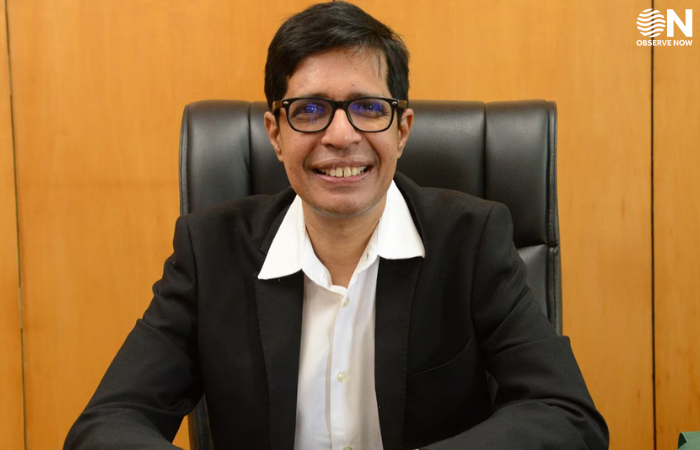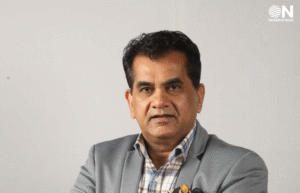IIT-Madras Director Calls Trump’s H-1B Fee Hike a ‘Blessing in Disguise’ for India

IIT-Madras Director Kamakoti Veezhinathan has described the recent $100,000 increase in H-1B visa fees in the United States as a “blessing in disguise” for India. According to him, the substantial hike could encourage more Indian professionals and students to focus on domestic opportunities, strengthening research and career prospects within the country.
Veezhinathan emphasized that the steep fee increase may reduce the longstanding appeal of migrating abroad for high-paying tech roles. By making overseas options more costly, he argued, talented individuals are likely to consider contributing to India’s growing knowledge economy, thereby helping build a stronger domestic research ecosystem.
The IIT-Madras Director pointed out that India’s technological and research infrastructure has been rapidly evolving, with increased investment in higher education, artificial intelligence, and scientific innovation. With the availability of competitive opportunities at home, professionals who might have previously sought employment overseas may now explore careers in Indian universities, startups, and technology firms.
He also noted the broader societal benefits of retaining talent within the country. By keeping skilled professionals in India, the nation can accelerate the development of advanced technologies, foster innovation-driven entrepreneurship, and support the creation of high-value jobs.
While the H-1B fee hike has been criticized internationally for potentially restricting the movement of talent, Veezhinathan sees it as an opportunity for India to harness its own human capital. He urged educational institutions, research centers, and industry leaders to collaborate in providing attractive prospects that can engage and retain highly skilled individuals domestically.
In conclusion, the IIT Madras Director suggested that the policy change could act as a catalyst for India to strengthen its research capabilities, encourage innovation, and reduce dependence on overseas employment, ultimately benefiting both the workforce and the nation’s economy.
















